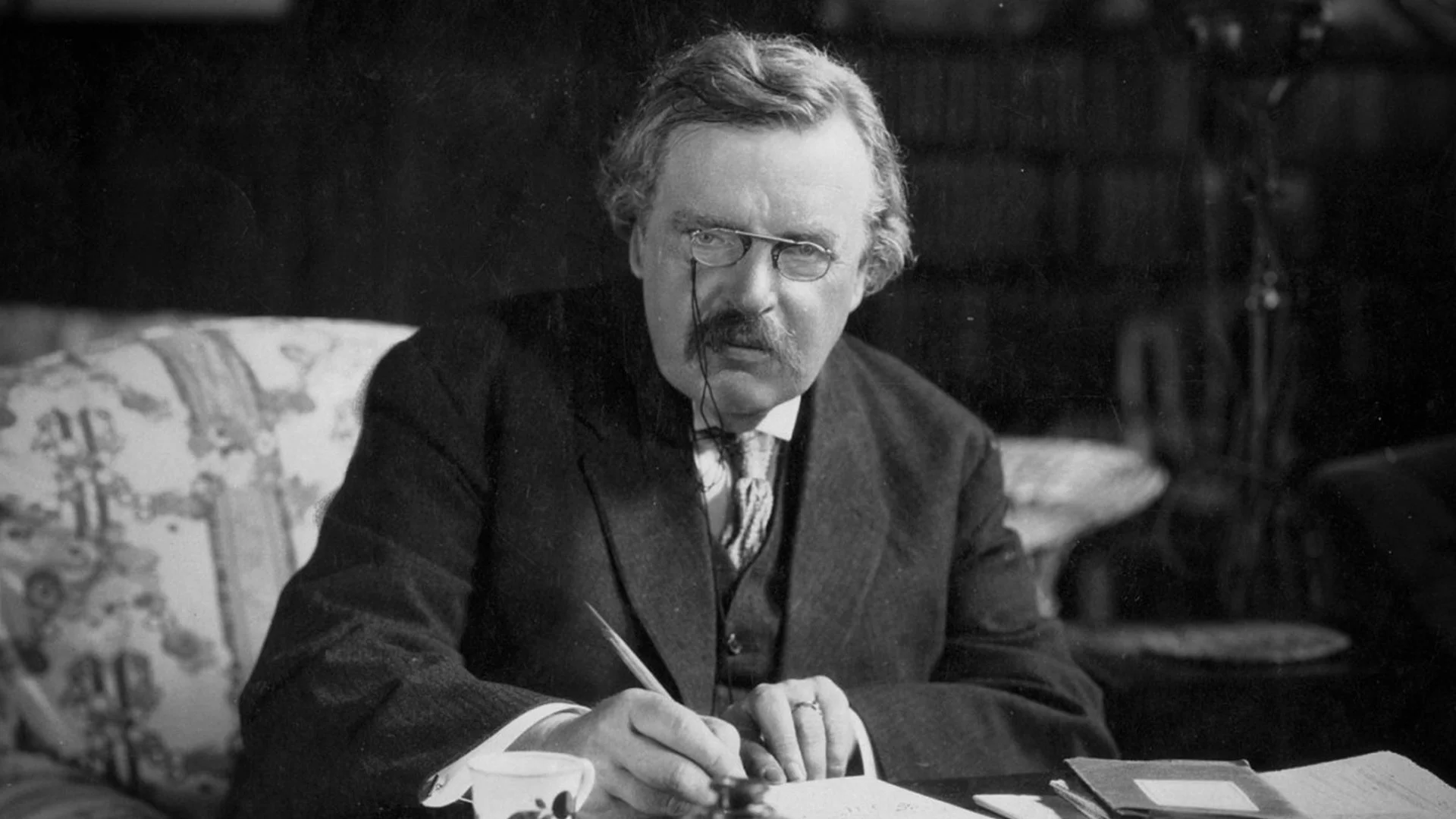I am going to bring floodwaters on the earth to destroy all life under the heavens, every creature that has the breath of life in it. Everything on earth will perish. But I will establish my covenant with you, and you will enter the ark—you and your sons and your wife and your sons’ wives with you. Genesis 6:17-18
One of the most difficult tasks a leader faces is to lead alone. This is not necessarily isolated, but to be out in front on your own—perhaps the only one to hold a certain view or a willingness to move in a specific direction. A Harvard Business Review study reveals that nearly 70% of first-time CEOs experience loneliness so acute that it affects their performance.[1] The reality of leadership is often a set of crucial decisions for which the leader bears the weight and responsibility. The leader, acting with their best knowledge, and in the best interest of the organization, sometimes faces stepping out into a direction for which he or she has little or no support, much less a shared understanding of what is at stake. Does it really feel lonely at the top? Yes, sometimes.
Such was the situation facing Noah in Genesis 6. Noah is a man leading his family, and who found favor in the eyes of God, in the middle of a world God saw is utterly wicked. So God shares some inside information with Noah—He is going to destroy the earth by flood, and nobody will survive. Except for Noah, and his family, who have to build a giant boat to avoid the impending disaster. And fill it with animals. The plan sounds crazy, yet we paint it on the walls of children’s bedrooms all the time.
What made Noah a great leader? Not just that he obeyed God. Many people throughout history have heeded the words of God. No, what made him memorable is that he was willing to lead out alone. How many others, when faced with such a decision, would start building the boat? Yet Noah did it. The Bible indicates that it took years to build the ark. What did everyone around him think, seeing that giant boat being built of wood, for years on end, with no flood in sight? And what leadership lessons can we take with us today from the story of Noah and the ark?
Noah did everything just as God commanded him. Genesis 6:22
Trust in someone. Leading out alone still requires trust. In Noah’s case, he placed his trust in God. And so complete was his trust that he was willing to do what God told him, despite never having done it before, and having no visual evidence of an impending flood. Is there someone in your life that you trust completely? Someone who gives you good guidance, every time? The kind of guidance on which you can stake your reputation? Your life?
Evaluate the naysayers. Everyone around Noah looked at him as crazy, odd. Yet Noah was working with more information and from a higher source. Leadership can be lonely in part because those who aren’t leading also aren’t as informed. When those around you question your decision or direction, consider where their opinions come from. Are they talking out of their knowledge of the situation, and how full is that knowledge? Or are they stating opinion based only on what they can observe, in limited fashion?
And rain fell on the earth forty days and forty nights. Genesis 7:12
Follow through. The moment of decision in the life of a leader is not nearly as important as following through. Because a decision is only as good as the action that is taken on it. A decision without action is nothing more than wishful thinking. Because Noah did as God commanded, the ark was built. When the flood waters came, Noah lived. You may also observe that Noah was vindicated. But vindicated in front of who? All of his peers died, the earth was destroyed. The reward for Noah’s leadership is that he survived to lead another day.
Gilbert Keith Chesterton was an English Apologist. His sharp writing style made him a prominent figure in earth twentieth century literature. Among his works were Orthodoxy and The Everlasting Man.
Here are some great books that will raise your level of effectiveness and impact as a Men’s Table Leader. Click a book to purchase directly from Amazon.com.
Ray Dalio is an American billionaire. He is the founder of Bridgewater Associates, the world’s largest hedge fund, and has run it since 1975. Dalio is the author of Principles of Life and Work, a 2017 New York Times bestselling book.
“You can’t fix stupid!” In other words, you can’t force someone to make a good decision. Ancient history’s greatest leaders often did the stupid thing.
A good listener must be people oriented, genuinely interested in others. He must be empathetic, equally concerned with the well-being of those around him.
Many leaders who have a relationship with God want to experience the blessings of God. We ask God for blessings. We pray about it and we earnestly seek God’s best.
The reason we called a leadership transition “succession” is that it is a forward-looking process. Every generation of leader will face new and different obstacles, challenges and goals. Looking back to recreate past success will fail.
“The greatest among you will be your servant. For those who exalt themselves will be humbled, and those who humble themselves will be exalted” (Matthew 23:11-12).
Leadership is not a set of character traits. You can have integrity, honesty, initiative, compassion–any number of positive and godly personal values, and still not be a leader (though character and leadership are closely related).
Leadership Ministries provides curriculum for our Men’s Tables. The curriculum is designed to be simple, short, and easy to use, to minimize the amount of preparation required by the Table Leader.
When a sculptor completes his work in clay, he prepares to make a mold of the piece so he can recreate it. He’ll have to do something to his artistic work to make this happen, and that is to cut it apart.
Thomas Paine (1737-1809) was an English-born Founding Father of the United States. An inventor and philosopher, he authored Common Sense, a pamphlet that was influential at the start of the American Revolution.
As Jesus began teaching on earth, His words about leadership and leading were shocking. In fact, they were so at odds with religious leaders of the time, they believed Jesus could not possibly be the Savior they were hoping and waiting for.
There are a number of avenues to go deeper and explore a bible topic for leadership that might be specific to your table group. Is it okay for a table leader to deviate from what is provided? Yes, of course!
Aristotle (384-322 BC) was an ancient Greek philosopher. His writings cover a broad range of subjects spanning the natural sciences, philosophy, linguistics, economics, politics, psychology, and the arts.
A hack is a clever trick or shortcut for accomplishing something. There are hacks for smartphones and cooking and driving. What about in your leadership? Is being a good leader something that has hacks?
The key facet of leadership development—that is, investing in others for the purpose of seeing them exhibit excellence through their own lives and leadership—is “baked in” to New Testament teaching.
Here are some common questions we receive from table leaders, and some suggestions for how to maintain best practices and grow in life and leadership.
American politics is getting more intense and divisive by the day. The democratic tradition of debate and discourse, leading to compromise and unity, is all but gone in the US. Instead, we gather into tribes based on deeply held political beliefs, we deride the opposition.
Jesus and His disciples traveled and ministered together, day and night, for three years. We don’t know of all the meals they had together, the conversations as the walked from town to town, or what Jesus said when they fished, and started campfires, and woke up in the mornings.
William Whiting Borden (1887-1913) was an American philanthropist, millionaire and Christian missionary. Borden surrendered his life to Christ as a child as a result of the witness of his mother. Borden wrote three phrases in his Bible that defined his life: “No reserves. No retreats. No regrets.”
Dietrick Bonhoeffer (1906-1945) was a German pastor, theologian and anti-Nazi dissident. He was opposed to Hitler’s genocide of the Jews, and ran “underground seminaries” during the war. In 1943 he was imprisoned by the Gestapo. Bonhoeffer was executed in the spring of 1945.
The table is an amazing leadership development platform. Our time at a Friday Morning Men’s Fellowship table is designed around three key words and actions that will help you grow in relational leadership.
As a leader, you’re not over a what, but a who. To lead is to influence others in a way that helps them grow personally, professionally and spiritually. Leadership is fundamentally about influencing people.
When performance trumps people, an eclipse of leadership occurs. The leader himself overshadows the team. His priorities, ideas, thoughts, decisions, become the elements of first importance.
Charlemagne (747-814) united the majority of Western and Central Europe during the Middle Ages. People call him the “Father of Europe,” and the Pope made him the first Holy Roman Emperor.
When a C-suite staff member moves on or retires, it takes an average of four months, and can cost thousands of dollars, to find a replacement. Yet, 50-70% of all executive searches fail. They end with the new hire being unsuccessful and leaving the position.
Salvation through Christ is a gift of grace. Christ Himself is described as “full of grace” (John 1:14). A common definition of grace as used throughout the Bible is undeserved favor.
Charles Haddon Spurgeon (1834 – 1892) was an English pastor of the New Park Street Chapel (later renamed Metropolitan Tabernacle) in London for 38 years. He became known as the “Prince of Preachers” for his spellbinding sermons, which sometimes ran two hours or more.
[1] https://hbr.org/2012/02/its-time-to-acknowledge-ceo-lo
Cover photo: Shutterstock.com

































Fidelity is rare. It requires our allegiance to something greater than ourselves. The value of fidelity to a leader is not a loyalty that just serves customers or a company. Rather, it is fidelity to one’s character and values.